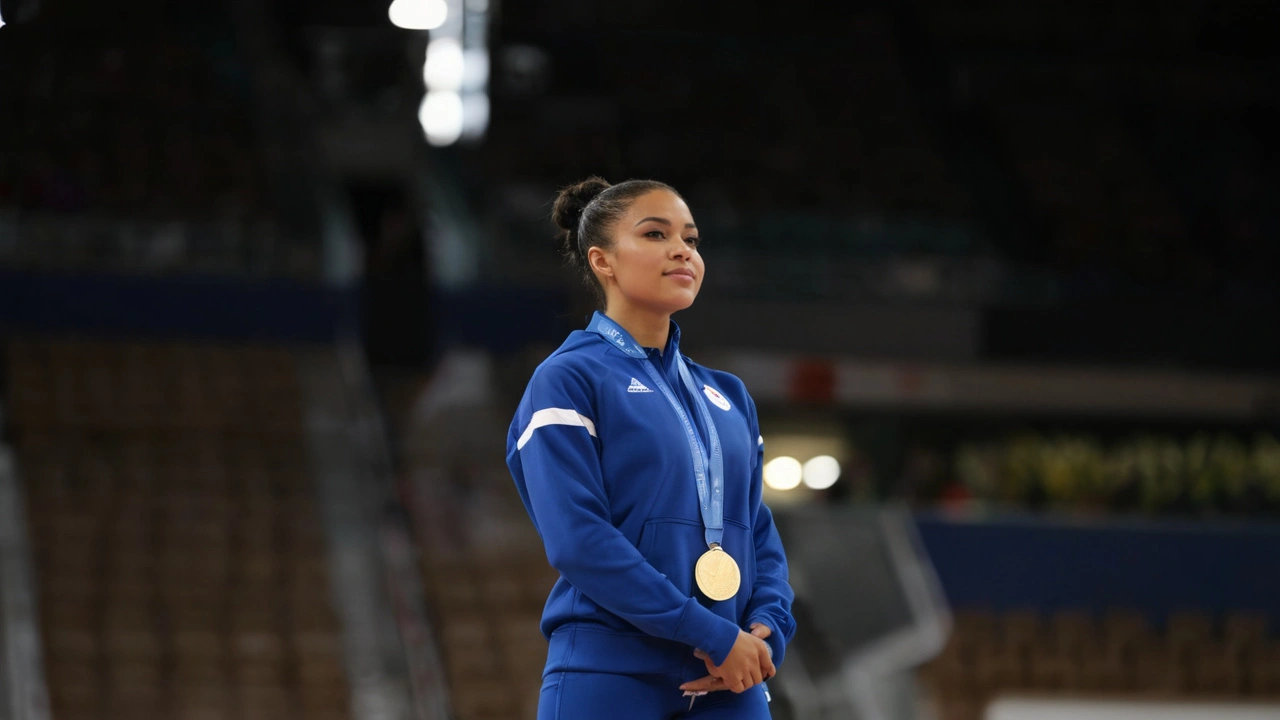Gymnastics Medal: How They’re Won, Counted and Celebrated
Want to understand gymnastics medals without the jargon? You’re in the right place. This page explains the medal types, how judges score routines, and what actually matters when gymnasts stand on the podium.
Types of Medals and Events
There are three main medal paths in major competitions: team, all-around, and apparatus. Team medals go to countries after combining several gymnasts’ scores. All-around medals reward the gymnast with the best total across all apparatus. Apparatus medals are for single events — vault, uneven bars, balance beam, floor for women; floor, pommel horse, rings, vault, parallel bars, horizontal bar for men. Knowing which event you’re watching makes it easier to follow the medal chase.
Major meets where medals matter include the Olympics, World Championships, continental games (like the African Games), and national championships. Each meet uses similar rules, but the prestige and pressure rise sharply at the Olympics and Worlds.
How Scoring Affects Medals
Two scores decide most outcomes: difficulty (D-score) and execution (E-score). D-score reflects how hard the routine is — connections, skills, and planned content. E-score starts at 10.0 and drops for mistakes like steps, balance checks, or form breaks. Final score = D-score + E-score. That’s why a safe, clean routine can beat a risky one with big mistakes.
Ties are common. Events use tie-break rules: compare execution scores first, then difficulty, then specific skill counts if needed. Judges also penalize rule breaks: stepping out of bounds, overtime, wrong grip or costume issues. Small penalties can decide a medal, so consistency matters.
Judging has human elements. Panels of judges aim to be fair, but subjectivity can spark debate. That’s why routines are video-reviewed and why smart routine planning — balancing difficulty and polish — is essential for medal hopefuls.
So how do you spot a medal contender? Look for gymnasts who combine high difficulty with solid, repeatable execution. Watch qualification rounds: top qualifiers often carry momentum into finals but don’t assume they’ll automatically medal. Finals are single-day pressure tests.
For fans who want to follow medals live: track leaderboards on official competition sites, watch live streams for breakdowns, and check the immediate post-rotation scores. Medal tables update fast; a small wobble on beam or a step on landing can reshuffle the podium in seconds.
If you’re an aspiring gymnast, focus on clean basics first. Work on landings, body lines, and consistency. Increase difficulty gradually and only add skills you can perform under pressure. Mental prep, recovery, and smart competition planning matter as much as skills.
Want timely gymnastics medal news and results? Browse this tag for match reports, medal updates, and quick explainers. We keep the facts clear so you can enjoy the action without the confusion.

Jordan Chiles Bronze Medal Controversy: Unraveling the Scoring Error at the Paris Olympics
Jordan Chiles, an American gymnast, lost her bronze medal in the floor exercise at the 2024 Paris Olympics after the IOC's review revealed a scoring error. The USOPC plans to appeal the decision, sparking debate on the fairness and accuracy of judging.